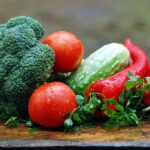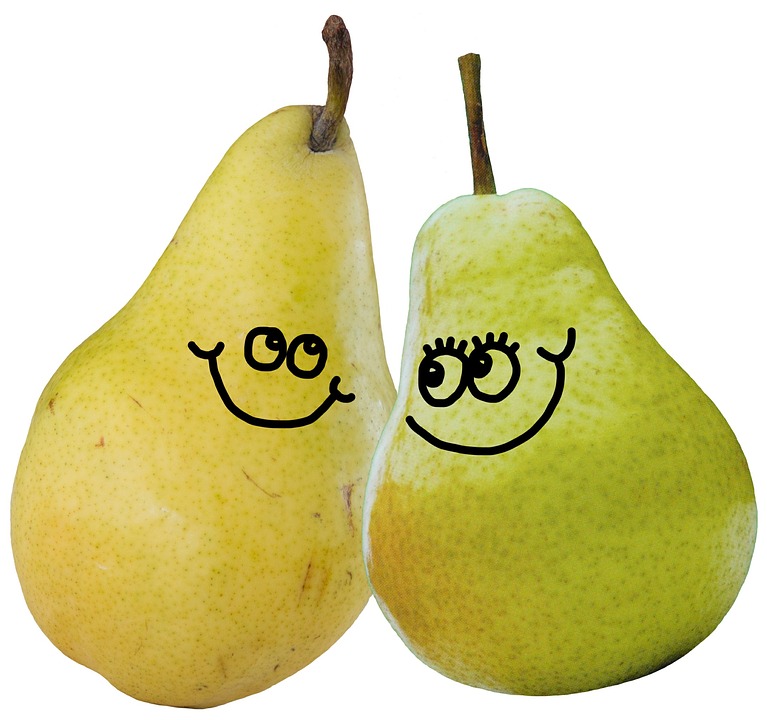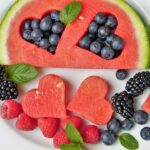
What comes to mind when we hear the word ‘FOOD’? Have you ever wondered, food is one of the main sources of energy to our bodies and minds and we hardly know anything about it?
So today I want to bring out a few amazing facts about the food. I am sure by the end of this blog you will be a bit more amazed at the power of food. And what it really means to us.
I might sound a bit scientific on and off throughout this blog and you may wonder what happened to me… It’s nothing just that I have been doing some really deep reading and research on Food and Nutrition lately, hence the lingo. But trust me won’t bore you with details… I just want you to understand the value of why food is so important. So we begin with the basic question in mind……
What is Food?
It seems like a dumb question with an obvious answer. Food is the stuff we eat to fuel our bodies. Right?
Well, that’s one way to think about it. Food contains energy. But food also includes micronutrients, phytochemicals, zoo chemicals, fiber, water, and perhaps even organic molecules that we haven’t discovered yet. All of these substances play crucial roles in our bodies, even though they don’t necessarily “fuel” it directly.
I won’t go into the details of each of these nutrients, you can always learn about them from other resources or just google.
Just for your knowledge:
 Micronutrients include Vitamins and minerals – we need them in our diet, without them our body will break down.
Micronutrients include Vitamins and minerals – we need them in our diet, without them our body will break down.
Phyto and Zoochemicals – as the names suggest they are plant-based and animal-based nutrients. Phyto occurs in plants and, so that is why vegetables and fruits are so good for us.
Zoochemical are found only in animal products such as CLA (a fatty acid) etc.
Note, these two don’t provide “fuel” which means that the “food as fuel” story leaves them out too.
Food is so much more than fuel
1. Living organisms are not machines.
They’re incredibly complex, self- regulating, and dynamically responsive – almost magical – systems.
Machines have precise inputs and outputs. For instance, when you fill your car’s tank with gas, you know more or less how far you can drive.
But if you’ve spent any time doing “calorie math”, you’ll know that trying to calculate precise inputs and outputs for a human body is frustrating.
Maybe you ate more calories than you thought you should… but got leaner.
Or you eat fewer calories than you thought you should…. And gained weight.
Or you started eating breakfast instead of skipping it…or vice versa… and dropped a couple of inches off your waistline.
According to the simplistic “food as fuel” concept, none of this should be possible. Yet it happens all the time.
2. Human bodies aren’t combustion engines.
They’re complex, dynamic, organic and infinitely sensitive systems.
For e.g., research now shows that all food isn’t created equal, and what we eat isn’t necessarily what we absorb or use. Dozens maybe even hundreds of factors affect how we digest, process, and utilize the food we eat.
This means that the fuel, or calorie, value of food outside the body isn’t necessarily the same as the value inside the body.
Plus, our body has its own priorities.
3. Your body isn’t even completely “human”
The trillions of microbial critters living in and on us do much of our digestion and nutrient extraction. Analysis of our bacterial environments shows that each of us has an individual gut flora “microbiome”, like a fingerprint.
Changing our microbiome changes our digestion and absorption, and hence our body composition and health.
We‘re incredibly complicated sophisticated, self-organizing, agenda-driven, only – sort of – human systems. Frankly, the machines should be jealous.
So, if the “food as fuel” idea doesn’t give us the whole story, what is food?
FOOD IS PACKED WITH MEANING, INFORMATION, AND COMMUNICATION.
4. Food is – in part – information
Every food decision we make sends a message to our body.
Food and the act of eating send instructions that kick off a chemical chain letter. Each molecule of food contributes to a beautiful cascade of events, sending all kinds of signals throughout our body.
Even cooler: Our thoughts, feelings, and environment can affect these processes. If we smell a tasty meal, have a positive or negative thought about food (or anything else), are happy and relaxed or worried and rushing… it affects nutrient processing.
5. Food is smart. And so is your body.
Thinking about food only as fuel reduces food to gasoline, your body to a dumb machine, and you to a calorie accountant. You are more than that.
Food and your body deserves a lot more recognition and honor.
The more we learn and research, the more amazed we are at the power of food.
Every food choice is an opportunity to direct, shape and remake our health. Our body composition. Our performance. Our wellbeing.
6. Food tells a story.
Food isn’t just a chemical story. It’s a story about people.
How we eat, where we eat and what we eat (or don’t) tells a story.
Food helps us communicate about who we are, what we think about, and what’s important to us.
So take a few minutes and consider these questions:
– What is food?
– What is food …for you?
Is it fuel? Is it information, is it personal freedom, is it self-esteem? Is it comfort?
Then consider these questions:
– What would you like food to be?
– What do you imagine it could be?
I encourage you to think big, get imaginative. Learn a little more about your own body about humanity. Discover what makes food one of the greatest stories ever told.






Recent Comments